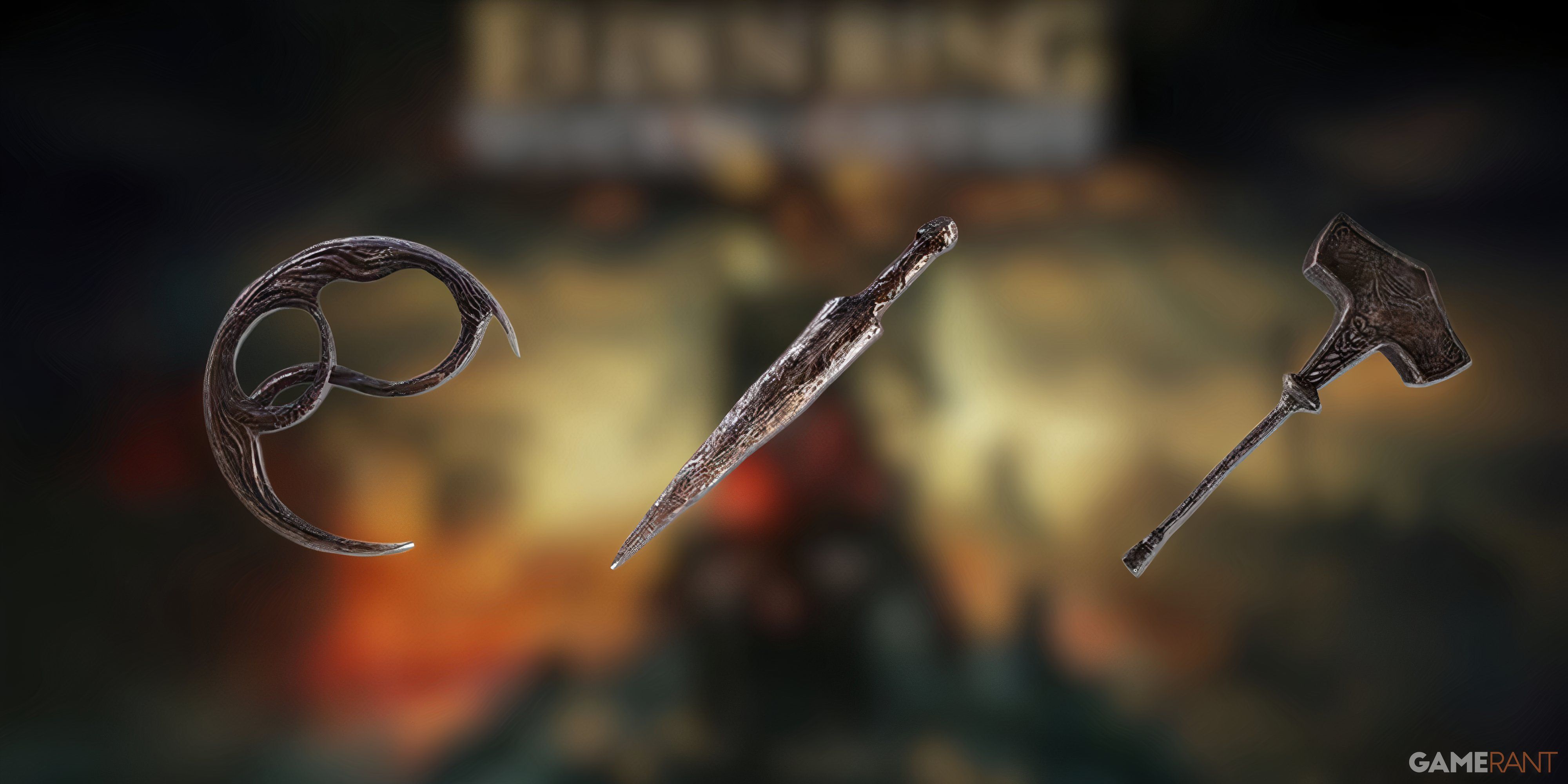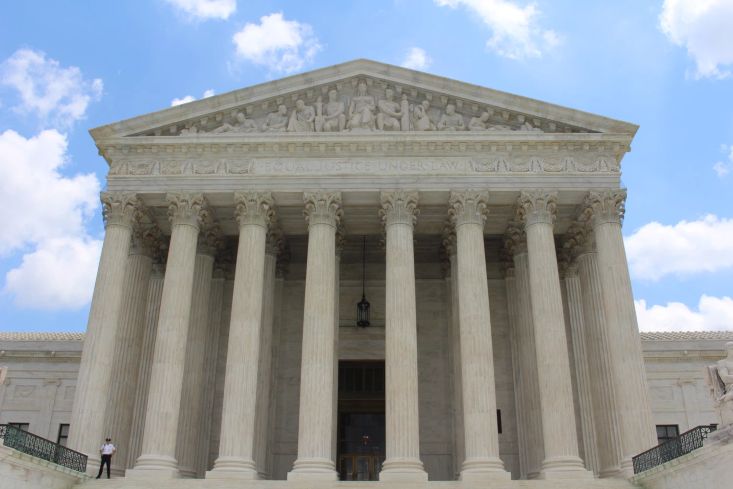A newly issued decision by the Supreme Court of the United States of America could have consequences for "walled garden" storefronts like Nintendo, PlayStation, and Xbox's consoles. The case before the Supreme Court stems from an antitrust lawsuit against Apple, claiming that Apple is a "monopolistic retailer" pushing price increases onto customers. Apple appealed the case, which is what the Supreme Court has sided against, allowing the antitrust case to continue forward and opening up a path for other companies to face similar suits.
The In Re Apple iPhone Antitrust Litigation class-action suit alleges that Apple's monopoly results in its 30% app commission fee being passed onto consumers. The case stalled over whether app buyers constituted "direct" or "indirect" purchasers and whether customers should be suing developers or Apple itself. The Supreme Court decided this appeal by recognizing App buyers as "direct purchasers" and allowing the class-action suit against Apple to continue.
It's important to recognize that the Supreme Court makes no judgment regarding whether Apple constitutes a monopoly or whether Apple truly is passing costs onto consumers illegally. This decision allows lower courts to move forward and make their own evaluations regarding the merit of the accusations against Apple.
This decision, however, shifts precedent set by the 1977 case Illinois Brick Co. v.Illinois, which protected a brick-selling company from a suit alleging increased prices being passed down through contractors. It was previously unclear whether the Illinois Brick case protected digital markets like the App Store, the PlayStation Store, or similar storefronts. The Supreme Court has now made clear that it does not.
Needless to say, many will be watching In Re Apple iPhone Antitrust Litigation as it moves forward once again, though the ramifications of the Supreme Court's decision could be much more far-reaching. The Apple App Store's 30% commission fee is similar to what consoles take from developers for sales on their own platforms. Why 30% was chosen as the de facto baseline isn't clear.
30% is also what Valve takes on PC through its Steam storefront, a topic of much discussion recently with the onset of the Epic Games Store. The Epic Store charges a 12% fee and alleges that every percent it is much more justifiable, where Steam's 30% is excessive. It's possible that argument may soon be put in front of the court system.
Source: Supreme Court





